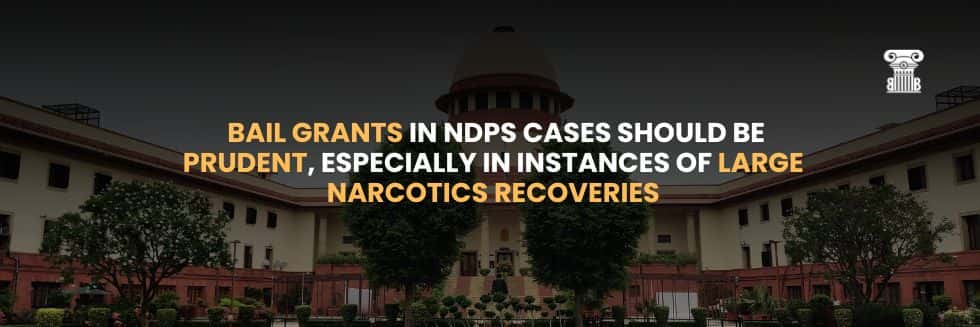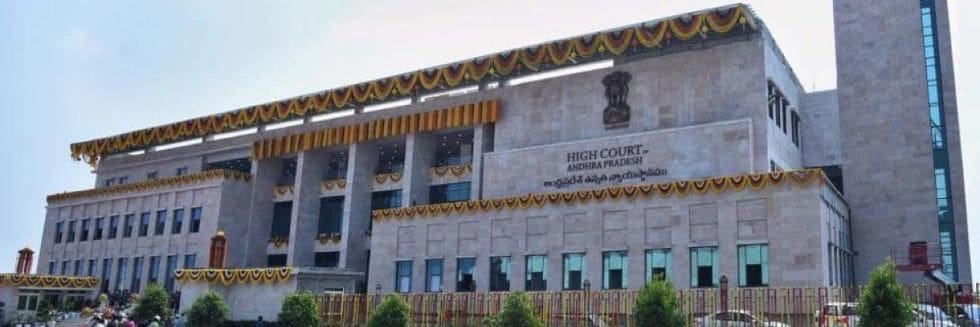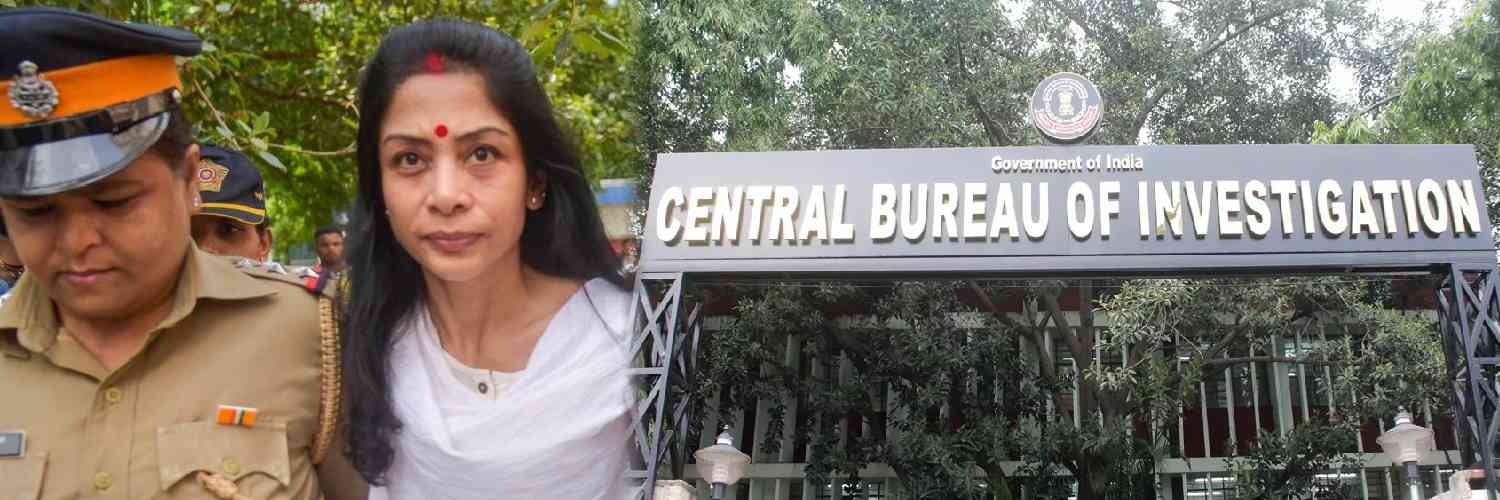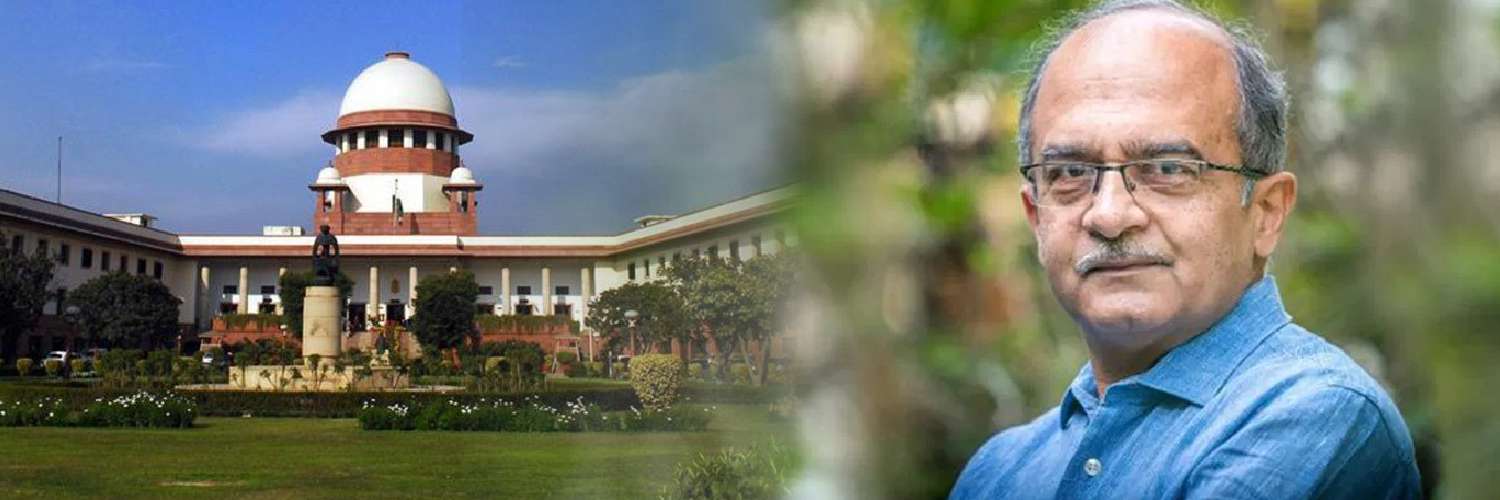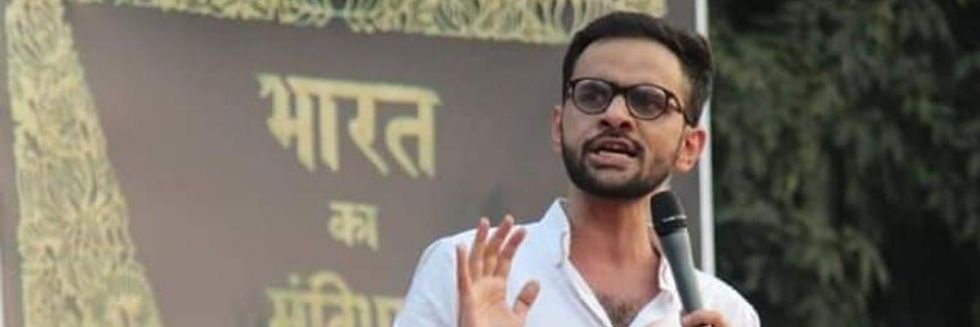The Supreme Court in the case of State by the Inspector of Police v. B. Ramu urged caution in granting bail in NDPS cases especially when large narcotics recoveries are involved. Justices B.R. Gavai and Sandeep Mehta overturned the High Court’s grant of anticipatory bail to the accused emphasizing the need for courts to satisfy conditions outlined in Section 37 of the NDPS Act. The Court criticized the High Court’s unconventional approach and annulled its decision noting the significance of substantial narcotics recoveries in determining bail.
CASE DETAILS:
State by the Inspector of Police v. B. Ramu
Criminal Appeal No. 801 of 2024
Supreme Court
Coram: Justices B.R. Gavai and Sandeep Mehta
BRIEF FACTS:
- An FIR was lodged against the accused respondent under Sections 8(c), 20(b)(ii)(c) and 29(1) of the Narcotic Drugs and Psychotropic Substances Act, 1985.
- The allegation against the accused was that he conspired in the procurement or supply of the recovered ganja weighing 232.5 kg.
- The High Court granted anticipatory bail to the accused, who was implicated as a conspirator in the procurement or supply of the ganja.
- The State’s Public Prosecutor opposed the anticipatory bail plea in the High Court but the court granted it nonetheless.
- Subsequently, the State filed a criminal appeal against the High Court’s decision to grant anticipatory bail to the respondent accused.
OBSERVATIONS:
Upon reviewing the High Court’s order and Section 37 of the NDPS Act, the Court noted that the court must explicitly establish that the accused is not guilty of the alleged offence. Specifically, in cases involving the recovery of a substantial quantity of narcotic drugs or psychotropic substances, the court is obligated to satisfy the conditions outlined in Section 37 of the NDPS Act before considering a bail plea.
The Court emphasized that when a significant quantity of narcotics is seized from an accused with a history of criminal behavior, the court should exercise caution in granting bail. Expressing dissatisfaction with the unconventional approach taken by the High Court in granting anticipatory bail to the respondent accused, the Supreme Court remarked on the imposition of peculiar conditions such as depositing a sum of money to a specific association. Such a condition, the Court deemed deviated from established bail principles and constituted perversity.
Consequently, considering the High Court’s order as cryptic and perverse, the Supreme Court set aside and annulled the same.
JUDGEMENT:
The Supreme Court emphasized that courts should exercise caution in granting bail to accused individuals when a substantial quantity of narcotic substances is recovered from them. Overturning the High Court’s grant of anticipatory bail to the accused implicated in a case involving the alleged conspiracy to procure or supply 232.5 kg of ganja, Justices B.R. Gavai and Sandeep Mehta remarked that the High Court failed to record any satisfaction regarding the accused’s innocence. Furthermore, the Court highlighted the High Court’s disregard for the significant quantity of narcotic substance recovered which far exceeded commercial quantities.
